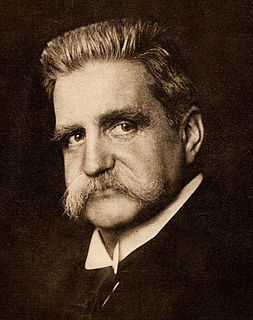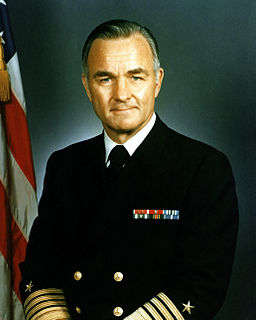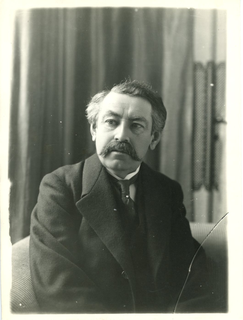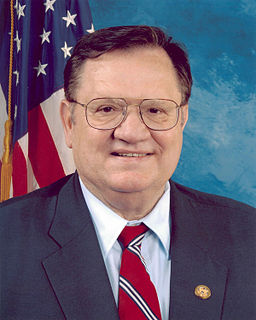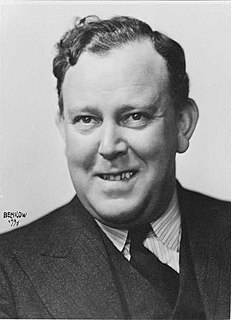A Quote by Hjalmar Branting
No nation is so great as to be able to afford, in the long run, to remain outside an increasingly universal League of Nations
Related Quotes
We have a much bigger objective. We've got to look at the long run here. This is an example - the situation between the United Nations and Iraq - where the United Nations is deliberately intruding into the sovereignty of a sovereign nation.... Now this is a marvelous precedent (to be used in) all countries of the world.
So long as freedom from hunger is only half achieved, so long as two thirds of the nations have food deficits, no citizen, no nation can afford to be satisfied. We have the ability, as members of the human race, we have the means, we have the capacity to eliminate hunger from the face of the earth in our lifetime. We only need the will.
The time has come for an all-out war against poverty. The rich nations must use their vast resources of wealth to develop the underdeveloped, school the unschooled, and feed the unfed. Ultimately a great nation is a compassionate nation. No individual or nation can be great if it does not have a concern for "the least of these".
It is not the Soviet Union or indeed any other big Powers who need the United Nations for their protection. It is all the others. In this sense, the Organization is first of all their Organization and I deeply believe in the wisdom with which they will be able to use it and guide it. I shall remain in my post during the term of my office as a servant of the Organization in the interests of all those other nations, as long as they wish me to do so.
I'm a Christian. I believe that greatness has to do with the quality of love shown to the least of thy brethren and the quality of service to those who are catching hell. When you look at it in that sense, I'd say America has had great moments, but I wouldn't call it a great nation. I don't think there have been any great nations in the history of the world, because in every nation you find poor people being subjugated. So, I see the term "great nation" as a contradiction, as an oxymoron.
We're [humans] running great risks of doing things that will not be good for us. The cost can be very high indeed if we reach the point where we can't adapt to our own increasingly rapid adaptations. We run the risk of early extinction. So this certainly isn't a triumphalist story, but it is trying to get at what, in the very long run, leads to the amazing creatures that we are.
